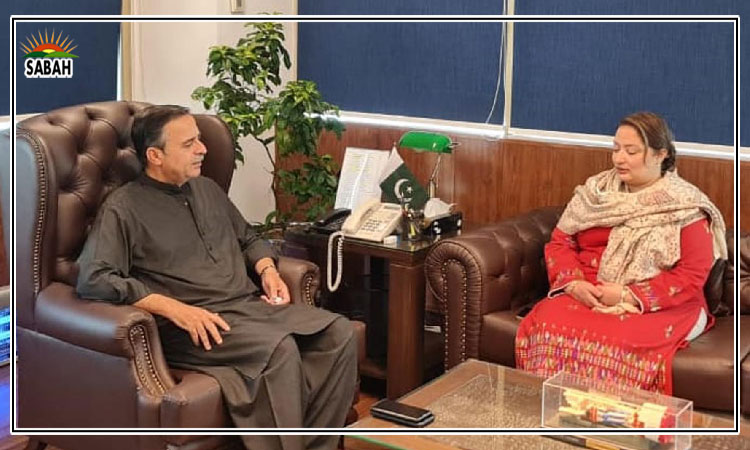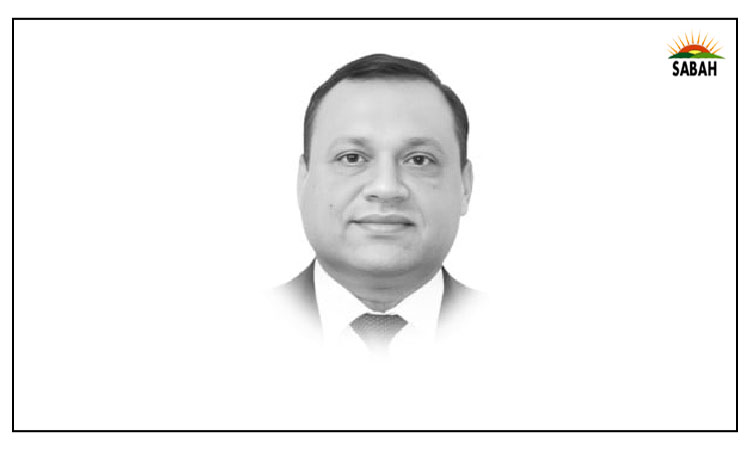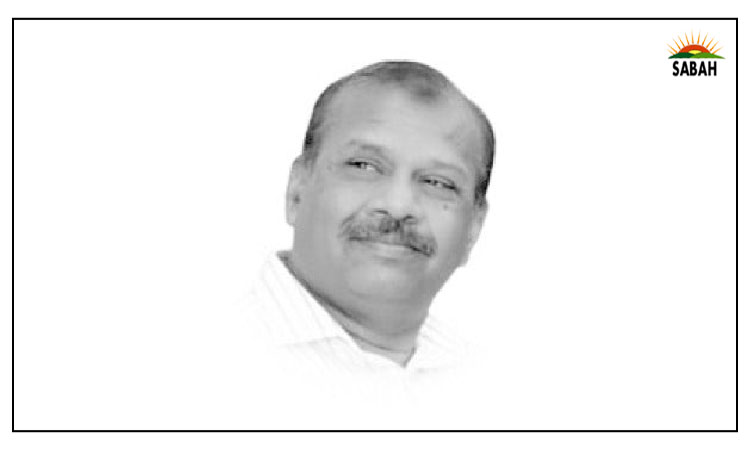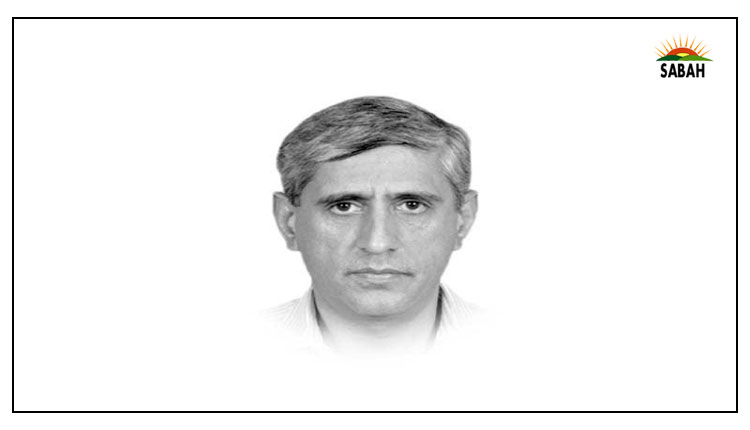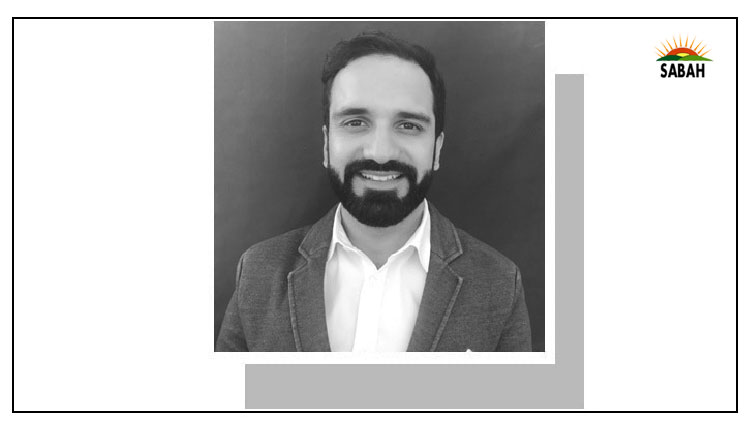Censorship with impunity…Usama Khilji
X, FORMERLY known as Twitter, was blocked in Pakistan on Feb 17, 2024. It took more than a month and several petitions in high courts across the country for the Pakistan Telecommunication Authority to finally admit, after blatantly distancing itself from the ban, that the PTA did indeed block X on the directions of the interior ministry. The PTA presented a document in the Sindh High Court that showed a letter from the interior ministry signed by a section officer of the Federal Investigation Agency, dated Feb 17; but the serial number, which also includes the date, is from Oct 25, 2023.
Here is a timeline of the denial pertaining to the blocking of X that Pakistani citizens faced until PTAs much-needed but delayed transparency on March 20.
March 13, 2024: Asked when X would be unblocked, Information Minister Attaullah Tarar says X is working in Pakistan and people are tweeting, adding that he has not seen any notification banning it.
March 18, 2024: The information minister finally admits X is banned (something every X user knew since Feb 17, which is when it became accessible only via Virtual Private Networks), and says there is no notification on blocking it.
March 18, 2024: PTA spokesperson Malahat Obaid tells Dawn.com the following regarding the disruption of X: We cant say anything on this matter because we dont know. Will share with you if any statement comes. On being asked why the interior ministry should be approached regarding the ban, the spokesperson says that because the instructions are from the government, but does not answer, when asked, if the interior ministry had written to the PTA.
It is important for the PTA to understand the laws and court orders that pertain to its jurisdiction.
March 19, 2024: In an interview with Dawn.com, PTA chairperson retired Maj-Gen Hafeez Ur Rehman says: The closure of social media forums is always directed by the interior ministry.
It is important for the PTA to understand the laws and court orders that pertain to its jurisdiction. First, Section 37 of the Prevention of Electronic Crimes Act (Peca), 2016, which itself is problematic, vests the authority to block or remove online content in the PTA.
Second, the Removal and Blocking of Unlawful Online Content Rules, 2021, that stipulate the process of censorship, were deemed, prima facie, unconstitutional by the Islamabad High Court in 2022; the court had directed the federal government to revise the rules, which has still not happened.
Third, even if the rules and Section 37 were read, as they currently exist, unrevised, they stipulate that the PTA follow due process by sending a notice to the platform or website where content is deemed objectionable, offer a time period for reply from the platform or website, and provide the option of appeal. The law does not allow the PTA to be judge, jury or executioner, nor does it make it binding on it to follow instructions from the federal government.
There has been no indication the PTA that took the disproportionate action of blocking the entire platform without affording any transparency until a month later after several hearings in courts sent even a notice to X, as it is bound by the law to do regarding specific content. The Islamabad High Court in a 2019 judgement in the Awami Workers Party case adjudicated that the blocking of websites without notice or opportunity of hearing was a flagrant violation of fundamental rights.
Although for a month it pinned the blame on the interior ministry for instructing it to block X, the sole authority to block or restrict content lies with the telecom authority itself, as per an Islamabad High Court ruling in 2018 (Bolo Bhi vs Federation of Pakistan) that it is supposed to exercise its powers independently and without being influenced by any direction or information laid before it by the federal government.
It is unacceptable that an entire social media platform with significance in the democratic political discourse, a platform that gives citizens a voice, and the ability to access information, be blocked right after elections when credible evidence of rigging surfaces. The blocking, without any transparency, with no reference to the law, no public notice and no logical justification, makes a mockery of all state institutions concerned in the country that function on the taxpayers money. The new government must not take this lightly, and see this as an assault on its legitimacy and writ.
There also have to be consequences for the interior ministry and the PTA for hiding the truth from citizens, for misleading the public, and then going back on their word to admit and show a dubious, backdated notice a month later, conceding that the directions from the interior ministry were acted upon on Feb 17, 2024. Why did it take a month of public and private resources being used in court cases for this notice to be made public? Is it honourable to continue to hold office after this disaster?
More than 27 CSOs, including digital rights groups, human rights groups, lawyers and journalists collectives, and prominent activists, wrote an open letter to the prime minister, the PTA, and the government, asking them to immediately lift the ban on X, repeal Pecas draconian Section 37 that gives unfettered powers of censorship to the PTA in contravention of constitutional rights, act transparently, take back problematic laws like the e-safety law proposed by the PDM government, and amend the draft personal data protection law floated during the PDM government to make it rights-friendly.
Problematic legislation takes a toll not only on basic rights, but also on the economy as the impact on the IT sector is immeasurable. Uncertainty and arbitrary actions should concern the SIFC that wants foreign investors to take an interest in Pakistan. The rule of law and upholding rights and transparency benefits all citizens. Let us stop the slide into authoritarianism.
Courtesy Dawn


